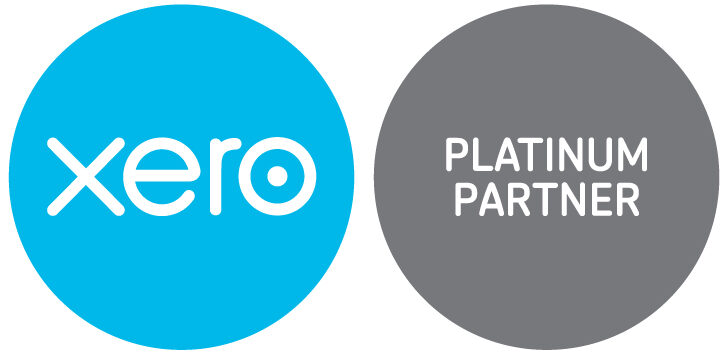The recent spring Budget provided a potentially welcome surprise for companies planning to invest in new assets with the introduction of what Rishi Sunak called “Super Capital Allowances”.
The allowance gives tax relief on 130% of the cost of qualifying assets. If assets don’t qualify for the enhanced rate of 130% (“the super deduction”) it is possible a reduced 50% first year allowance could be available (“enhanced special rate”).
The new allowances are available for a two-year period ahead of the planned increase in corporation tax in 2023, when the headline rate will rise from 19% to 25%. The Chancellor was obviously concerned that if he announced an increase in the rate of corporation tax to 25% companies would defer their investment plans and wait until tax relief would be available at the higher rate. The super deduction is clearly designed to overcome those concerns and equal or better the tax relief that will be available on assets acquired post 1 April 2023.
The new allowances are only available to companies and can be claimed for qualifying expenditure incurred between 1 April 2021 and 31 March 2023. Only the acquisition of new assets will qualify, second hand goods are therefore excluded.
Not all assets will qualify for the enhanced relief.
The Super Deduction is available for expenditure on main pool qualifying assets such as machinery, furniture, fittings, computers etc.
The Enhanced Special Rate is available for special rate pool assets, including integral features in buildings such as electrical, water and heating systems.
These new allowances are in addition to the existing Annual Investment Allowance (AIA) which, until 31 December 2021, permits 100% relief for up to £1m per annum of expenditure on qualifying plant and machinery.
There are though some potential issues that arise on the subsequent disposal of an asset on which these allowances have been claimed:-
- The disposal proceeds for the sale of assets where Super Deductions have been claimed will be taxed in full as a balancing charge.
- Any sale of a Super Deduction asset before 31 March 2023 will be subject to an enhanced disposal value calculated by multiplying the actual disposal proceeds by 1.3. A tapered multiple will be applied to disposals in accounting periods which straddle 1 April 2023.
- Any sale of an Enhanced Special Rate asset will trigger a balancing charge equal to 50% of the disposal value.
In most situations it is likely that it would be beneficial to claim the Super Deduction rather than utilising the Annual Investment Allowance that is currently available but, depending on individual circumstances, this may not always be the case. If you want to discuss the availability of capital allowances in more detail then please contact RPG’s Head of Tax, Nick Donohue who is based in our Manchester office and will be happy to discuss this with you in more detail.
Nick Donohue,
RPG Head of Tax,







 Production
Production